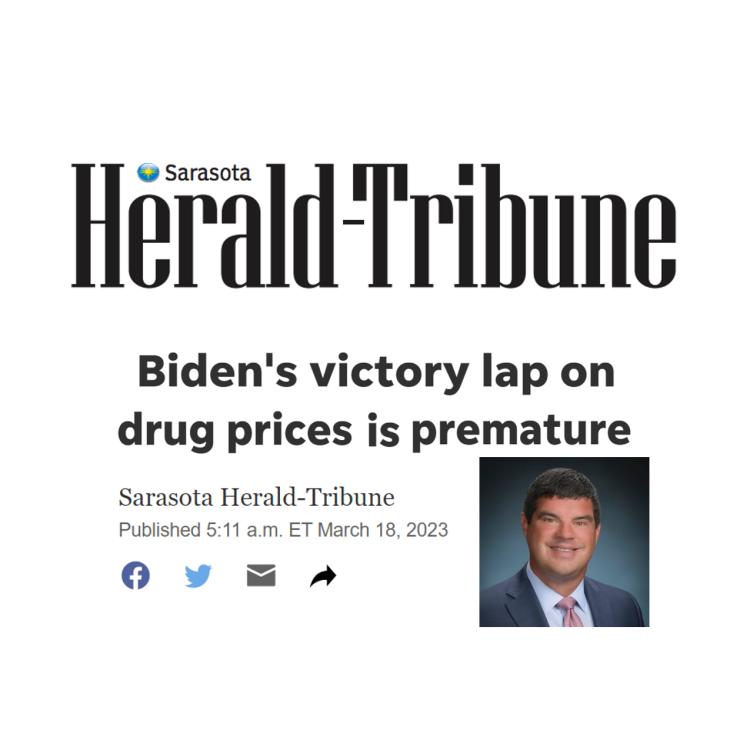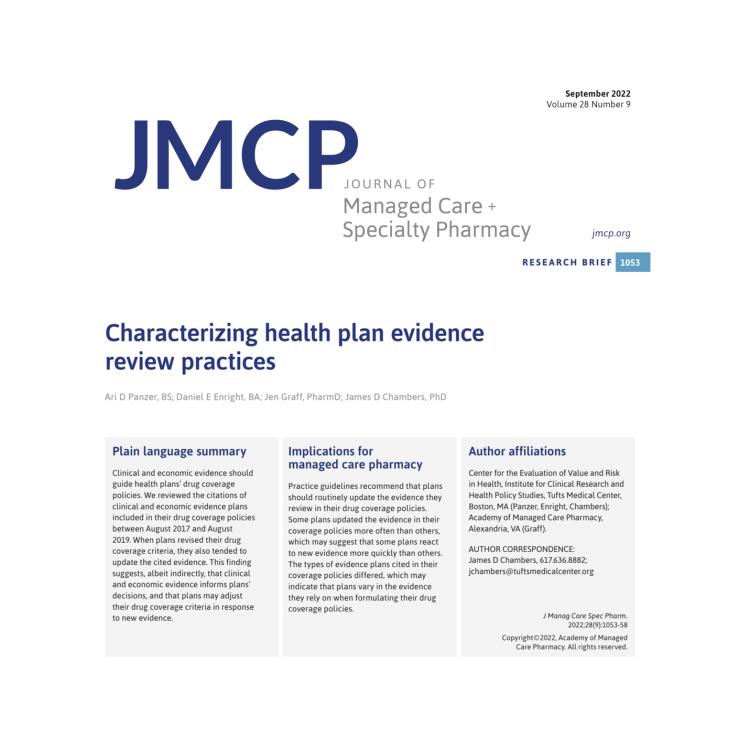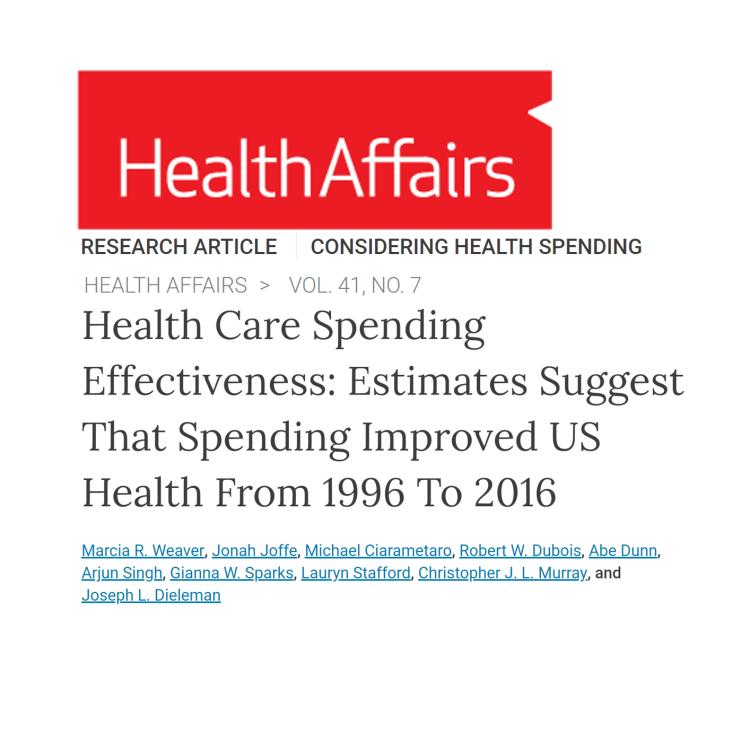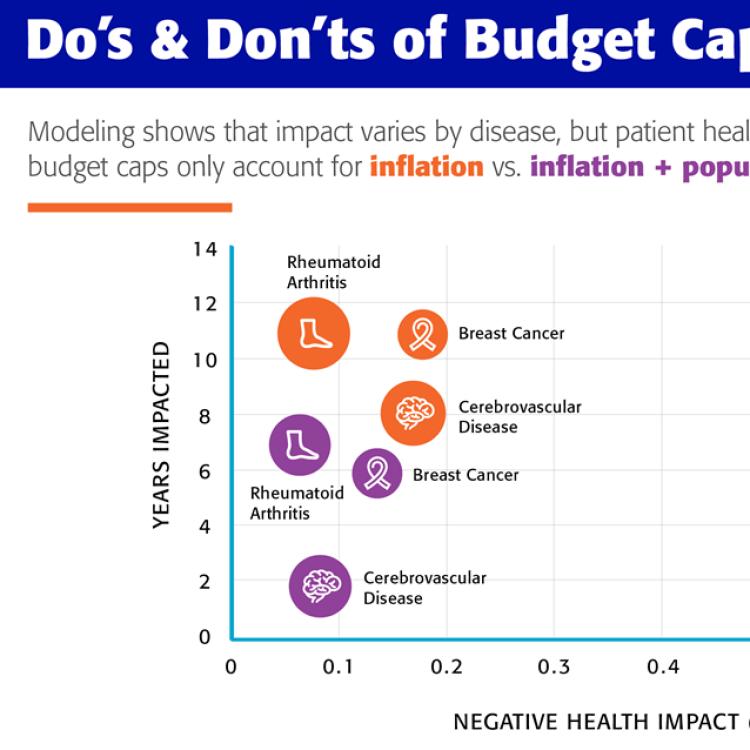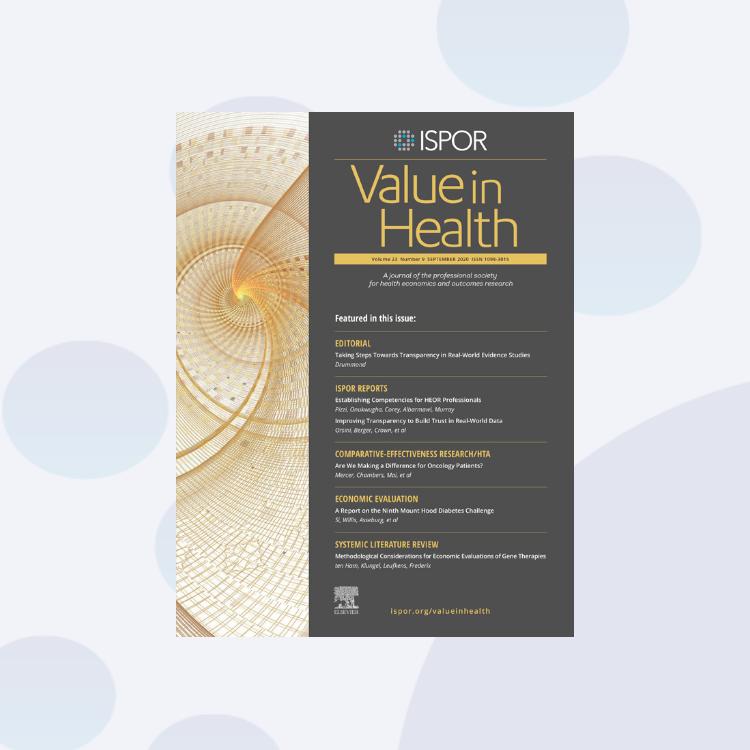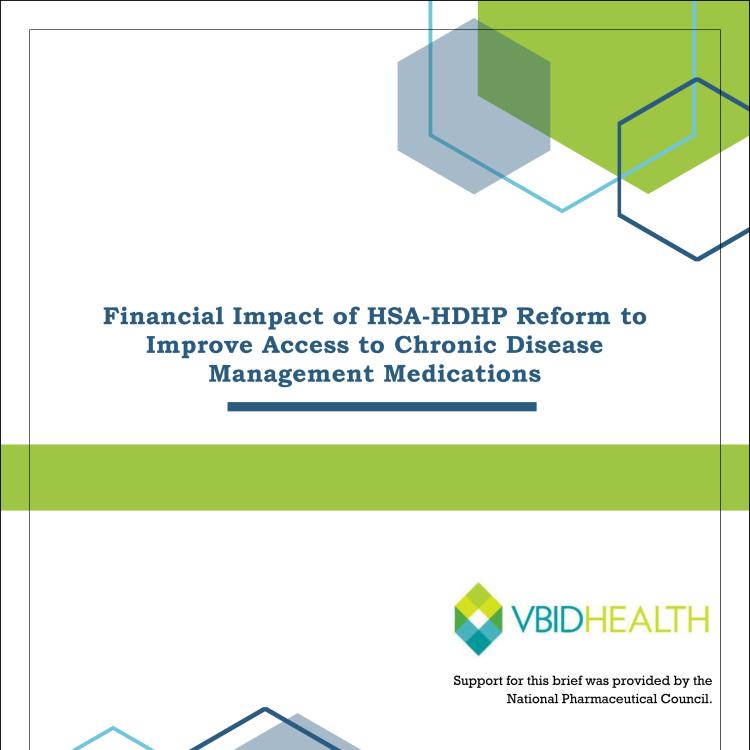Resources
The National Pharmaceutical Council (NPC) is a health policy research organization dedicated to the advancement of good evidence and science, and to fostering an environment in the United States that supports medical innovation.
Filter by:
Topic
Topic
- Accountable Care Organizations
- Alternative Payment Models
- Biopharmaceutical Innovation
- Bundled Payments
- Clinical Pathways
- Decision Frameworks
- Elements of Value
- Evidence for Decision Making
- Formulary/Benefit Design
- Formulary Development
- Good Practices for Evidence
- Health Care Quality Measures
- Health Spending
- (-) Health Spend Management
- High-Deductible Health Plans
- Impact on Outcome & Spending
- Individual Treatment Effects & Personalized Access
- IRA Implementation
- Low-Value Care
- Pandemic Response
- Patient Cost Sharing
- Paying for Cures
- Pharmacy Benefit Managers (PBMs)
- Policy & Regulatory Barriers
- Real-World Data
- Real-World Evidence
- Regulatory Barriers & Challenges
- Understanding Health Spending
- Utilization Management & Step Therapy
- Value-Based Contracts
- Value-Based Insurance Design
- Value Assessment
- Value Assessment Frameworks
- Value Assessment Methods
Audience
Display Only
Showing 15 Results
NPC Shares Input on CMS’ Data Collection Requirements
NPC comments offer input on CMS' approach to data collection that would inform the agency's implementation of provisions within the Inflation Reduction Act that enable government price-setting for…
The President’s victory lap on the success of price controls is premature
In a commentary published in the Sarasota Herald-Tribune, NPC's John M. O’Brien discusses the potential effects of new price controls and what the future holds for Medicare.
After 30 years of 340B, it's time for data and an honest conversation
In a commentary published in STAT, NPC's John M. O’Brien outlines why transparency is essential to assessing the true impact of 340B.
Characterizing Health Plan Evidence Review Practices
The study finds that some plans updated the evidence in their coverage policies for specialty medicines more often than others, and the type of evidence plans cited in their coverage policies…
Health Care Spending Effectiveness: Estimates Suggest that Spending Improved U.S. Health from 1996 to 2016
This research assessed the effectiveness of U.S. health care spending by comparing changes in health outcomes and found that, overall, innovations in health care are creating more cost-effective care…
Health Care Spending Guiding Principles
NPC established a set of principles to assess health care spending estimates and policies to ensure alignment with the goals of patient-centered care.
Health Budgets Should Cap Patient Harm
An NPC-RTI study provides guidance on quality metrics and practices that can help decision makers understand which budget cap features have the potential to lessen the impact on patient health and…
The Dollar or Disease Burden: Caps on Healthcare Spending May Save Money, but at What “Cost” to Patients?
This study assessed the potential effects of budget caps design on disease burden and cost savings to help budget decision makers understand which budget cap features minimize impact to patient…
Integrating Data for Better Care Management
To accelerate the ability of care management programs to use data to combat rising health care costs, while ensuring patient access to innovative treatments that can improve outcomes, NPC sponsored…
What's Been the Bang for the Buck? Cost-Effectiveness of Health Care Spending Across Selected Conditions in the US
This study was designed to assess whether increased medical intervention spending on prevalent chronic conditions has been a good investment over time.
Could expanding pre-deductible coverage help those with chronic conditions?
According to a new issue brief from VBID Health, providing pre-deductible coverage for medicines used to treat common chronic conditions could lower out-of-pocket costs and increase medication…
Concerns Around Budget Impact Thresholds: Not All Drugs Are The Same
A study published in Value in Health explores the potential impact of using budget thresholds as budget caps (e.g., cannot spend more than a set dollar amount) for individual drugs.

